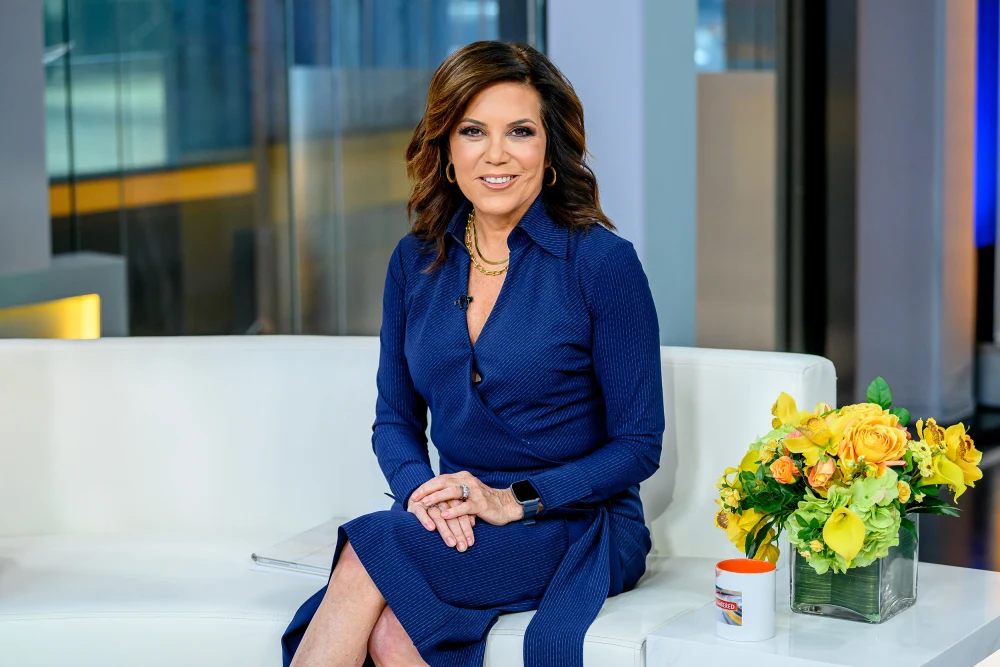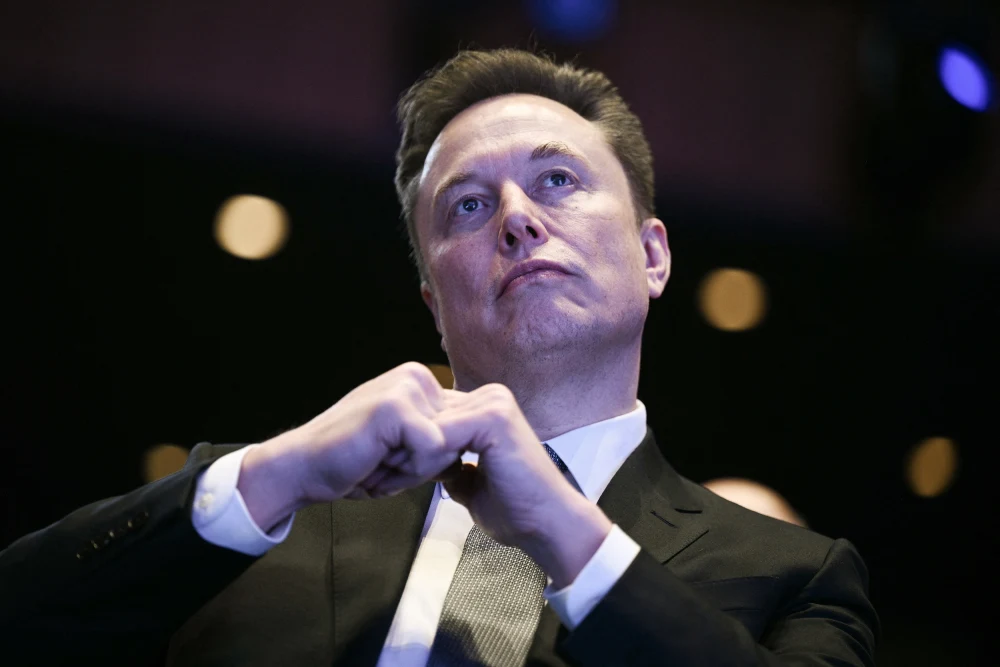The Biden administration has been underscoring its commitment to revive the Iran nuclear deal, despite the fact that negotiations hit a snag in late 2022. Recently, there have been reports – denied by the administration – of the White House already having an “interim” agreement on the table.
Former Vice President Mike Pence, a hopeful in the 2024 race for the White House, has urged the administration of US President Joe Biden to immediately “cease and desist” negotiations with Tehran over reviving the Iran nuclear deal.
“Today, as an ordinary American citizen, I call upon the Biden administration, and leaders of all freedom-loving nations, to stand with the people of Iran, to stand up for the cause of freedom and justice and to cease and desist all nuclear negotiations with Tehran immediately,” Pence said to the crowd at the Free Iran World Summit 2023 in Paris, France.
Pence slammed the pursuit of a nuclear agreement with Tehran as “ill-founded and dangerous.” At the same time, he touted the “achievements” of the Trump-Pence administration, which included tough sanctions on the Islamic Revolutionary Guard, scrapping the 2015 Joint Comprehensive Plan of Action (JCPOA) nuclear deal, and ordering the attack that assassinated Iranian Quds Force commander Gen. Qasem Soleimani.
The crowd of supporters of the dissident Iranian group the People’s Mojahedin Organization of Iran, also known as Mojahedin-e-Khalq, or MEK – outlawed in Iran – chanted, “Thank you” in response.
The US removed the MEK from its terror blacklist, where it had been featured since 1997. It was then-Secretary of State Hillary Clinton who formally did so in September 2012, after sending a classified opinion to Congress. Since then, the group, bent on violent regime change in Iran, has been supported by the US, with war hawks in Washington singling out the MEK as the most viable proxy force for bringing down the Iranian government.
Speaking at the summit in Paris, Mike Pence claimed that the “Iranian regime has never been weaker than it is today” in the wake of the protest movement that erupted in September 2022. The protests erupted after the death of 22-year-old Mahsa Amini, who was arrested by Iran’s morality police for allegedly wearing her headscarf improperly. The Kurdish woman fell into a coma while in police custody and died a few days later. Demonstrators and social media users spread unconfirmed reports that Amini had been beaten to death by Iranian law enforcement. The US government-funded Voice of America Persia and Radio Farda fanned the flames of the unrest, and the Biden administration openly hailed the riots.
Trump’s former Secretary of State Mike Pompeo also addressed the rally on Saturday, via videolink, saying that any new nuclear deal with Tehran would be a “calamity for the Iranian people and the world.”
The US (L) and Iranian flags. – Sputnik International, 1920, 16.06.2023
World
US, Iran Quietly Seek ‘Understanding’ on Tehran’s Nuke Program – Report
16 June, 08:40 GMT
Mike Pence’s vehement lambasting came amid recent reports, citing anonymous sources among Western and Iranian officials, that the US and Iran have been “quietly” rekindling talks on Tehran’s nuclear program.
After Joe Biden assumed office in January 2021, his administration signaled its commitment to restoring the deal. Talks on reviving the deal kicked off in April 2021 between Iran and the P4+1, including China, Russia, France, the UK, and Germany, in Vienna. The US participated in the negotiations indirectly.
The JCPOA agreement signed by Iran, the United States, Russia, China, France, Germany, the United Kingdom, and the European Union in October 2015 required Iran to enrich uranium only up to 3.67%. It also capped Tehran’s stockpile of this material at 202.8 kg (447 pounds). The Trump administration unilaterally scrapped the agreement in 2018 and restored sanctions, with Iran ramping up its enrichment activities. Despite its nuclear enrichment efforts, Iran maintains that it has no plans to pursue nuclear weapons.
However, after rounds of indirect talks, the effort to revive the JCPOA stalled, with the US refusal to lift sanctions against the Islamic Revolutionary Guard Corps (IRGC) turning out to be one of the central stumbling blocks.
Rumors started to circulate recently of an “interim” deal between the US and Iran. As many in the US Congress would oppose any major concessions to Tehran, Washington was ostensibly hoping to restore some limits on Iran’s nuclear program in return for benefits that would not require Congressional review. “I’d call it a cooling-down understanding,” one Western official was cited as saying.
State Department spokesman Matt Miller dismissed the reports, but said that Washington would, “continue to use diplomatic engagements” to pursue its “goals.” The US media reported that the latter included de-escalation of tensions, curbing Tehran’s nuclear program, expanding cooperation with international nuclear inspectors, and a “halt” on attacks on American contractors illegally operating in Syria, as well as in Iraq, by Iran’s allied militias, and the release of detained US citizens.
Amid the reports, House Foreign Affairs Committee Chairman Michael McCaul sent a letter to President Joe Biden, citing “concern” over “revelations that the administration is pursuing a new nuclear deal with Iran, calling into question the administration’s intent to adhere to its legal obligations under the Iran Nuclear Agreement Review Act of 2015.”




